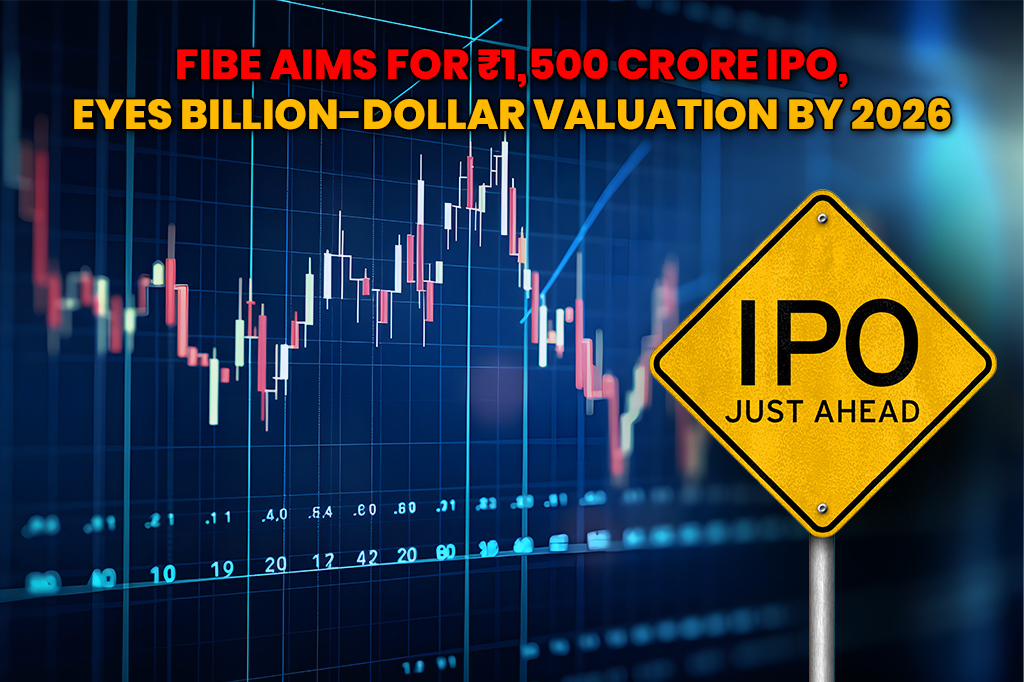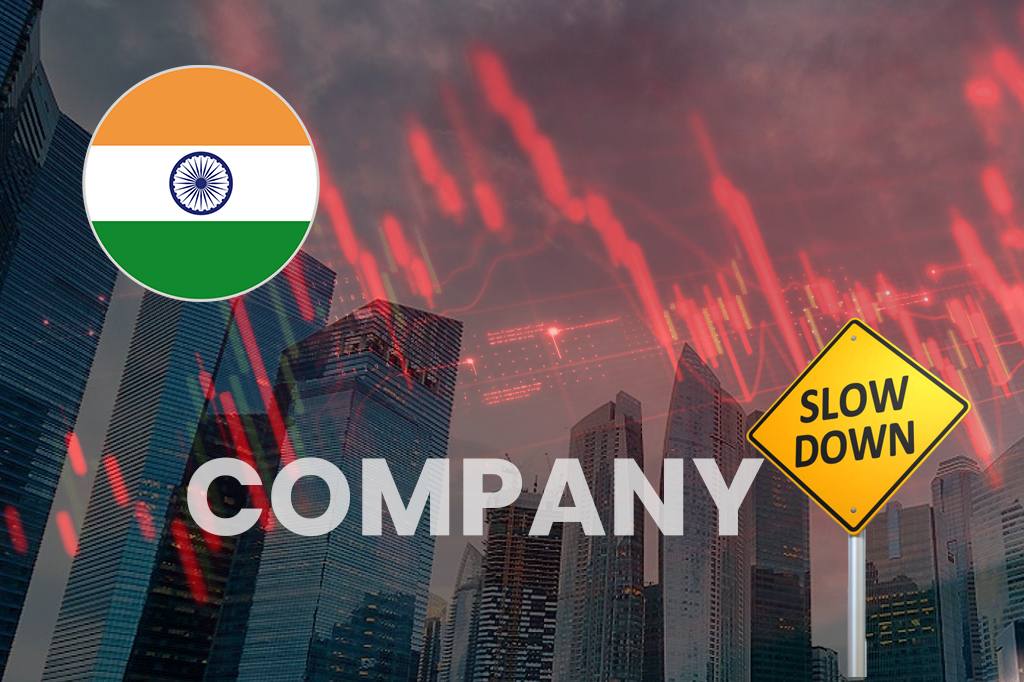


Tariff Volatility Clouds Investment Outlook
India’s private sector capital expenditure (capex) is expected to slow in the near term, with companies likely to defer or delay new investments due to rising global tariff uncertainties. As trade negotiations continue and tariff structures remain in flux, businesses are holding back on long-term capital decisions. This hesitation may hinder momentum in sectors dependent on fresh investments, particularly capital goods and infrastructure.
Trade-Driven Sectors Show Early Signs of Weakness
Though India’s GDP has remained resilient, sectors linked closely to global trade—such as exports and port logistics—are already showing signs of strain. With the United States accounting for nearly 18% of India’s exports, any economic slowdown in the US has a ripple effect on India’s trade activity. The impact is becoming evident in slowing port volumes and container traffic, which are projected to decline further in FY26 and FY27 following a brief period of frontloaded trade.
Imports, Orders Hit by Global Demand Caution
In light of ongoing tariff unpredictability and subdued global demand, importers are expected to remain cautious in placing new orders. This conservative approach could reduce India’s overall trade throughput and affect the financial health of logistics and transport infrastructure.
Capex Cycle Faces Dual Pressure: Public and Private
While India saw strong growth in gross fixed capital formation (GFCF) over the past three years, largely driven by public investments, that trend is now showing signs of fatigue. A moderation in government capex combined with private sector hesitation could significantly weaken the overall investment cycle. This slowdown is expected to affect order books of capital-intensive sectors, including infrastructure and machinery manufacturing, which are heavily reliant on a robust capex environment.
Broader Economic Implications
This emerging trend signals a shift in India’s near-term growth dynamics. While domestic consumption and public investment have cushioned the economy in recent years, a prolonged slowdown in private capex could limit the country’s potential to maintain higher growth trajectories and delay critical infrastructure upgrades.
The evolving global landscape, marked by trade tensions and geopolitical risks, calls for adaptive policymaking and strategic clarity to support investor confidence and sustain the momentum needed for long-term economic expansion.
Read more :